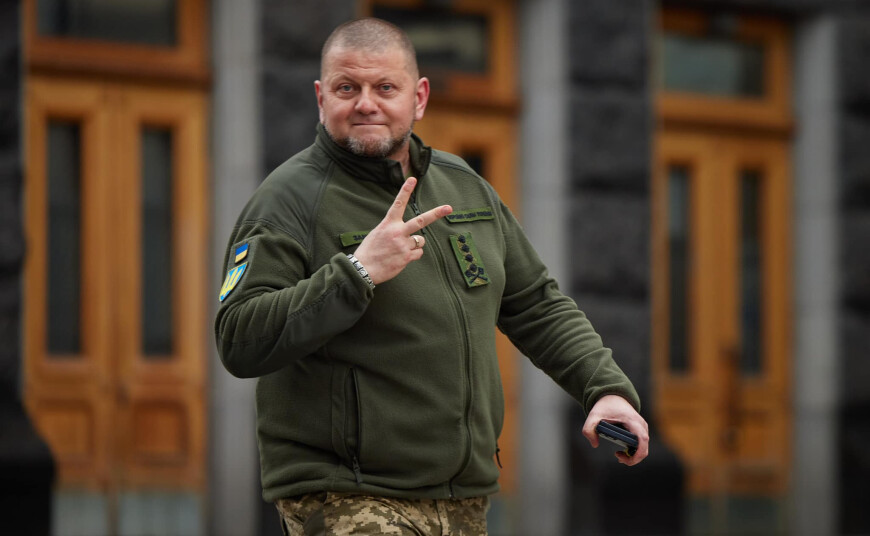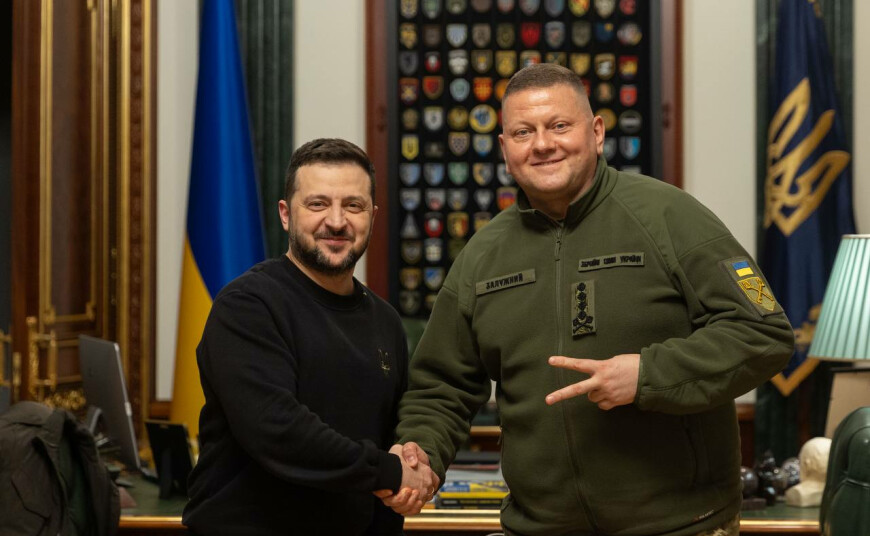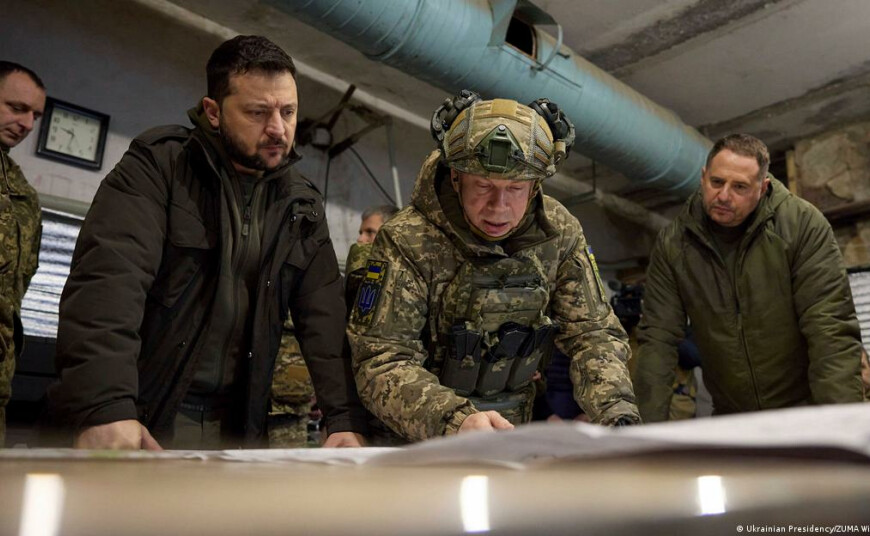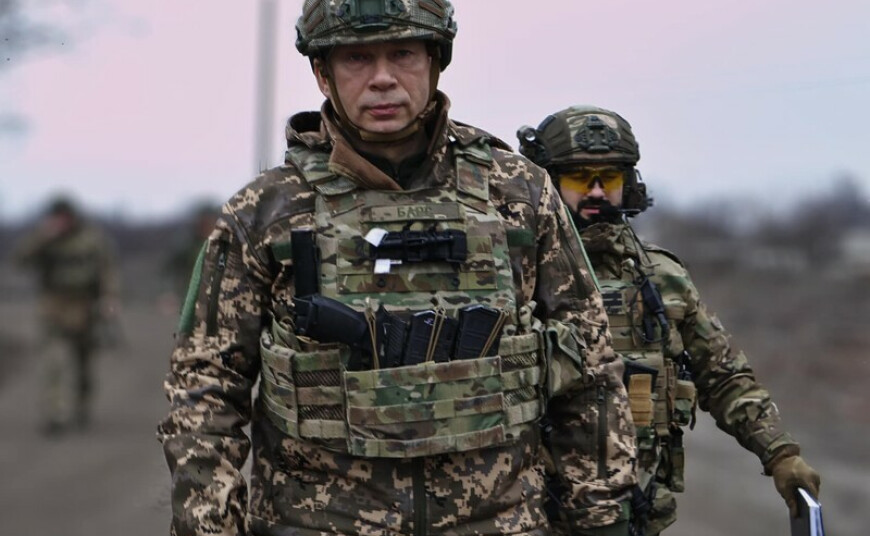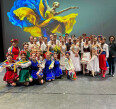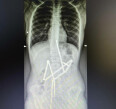
News
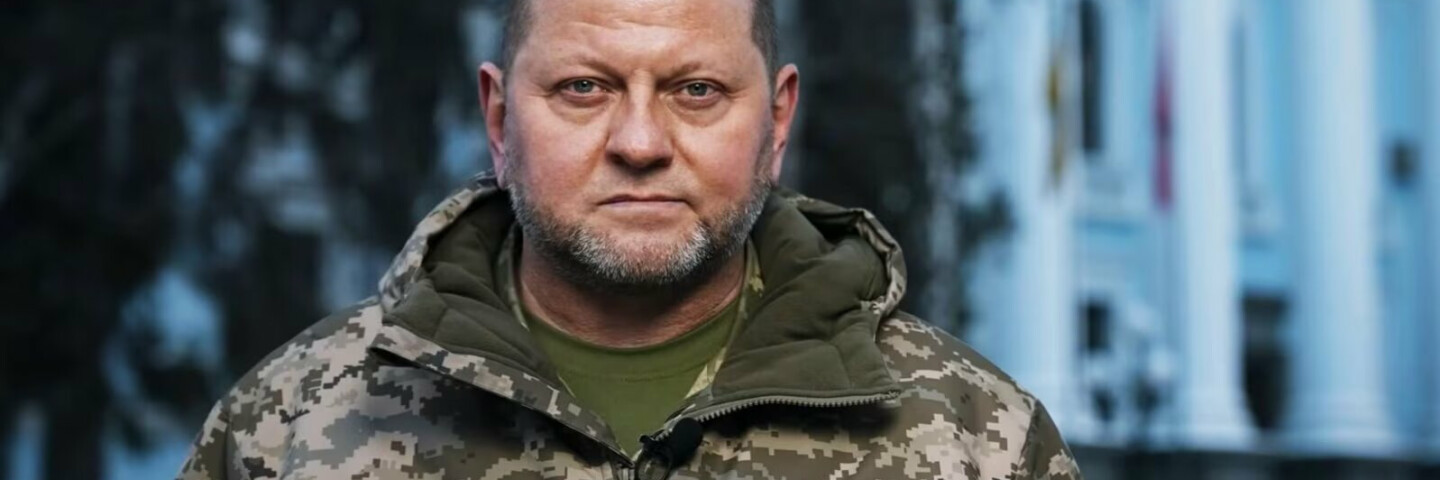
President of Ukraine appoints Oleksandr Syrskyi as the new Commander-in-Chief of the Armed Forces of Ukraine, replacing Valeriy Zaluzhnyi
"Starting today, a new management team is taking over the leadership of the Armed Forces of Ukraine. I want our soldiers in Robotyn or Avdiivka, the General Staff and the General Staff to have the same vision of the war," Volodymyr Zelenskyy said.
Valeriy Zaluzhnyi has a high reputation among the military, earning respect not only in Ukraine but also abroad. The US political magazine Politico has dubbed Zaluzhnyi the "Iron General", noting him as a prominent figure in Ukrainian history. After becoming Commander-in-Chief, Zaluzhnyi set out to reformat the Ukrainian Armed Forces in accordance with NATO standards, which led to partial decentralization of command, allowing commanders on the ground to respond to combat situations on their own. These changes contributed to strengthening the country's defense capabilities.
Under his leadership, the Armed Forces of Ukraine developed and implemented a strategy to counter a full-scale Russian invasion. Zaluzhnyi personally led the defense during critical periods, which helped to save Kyiv, Chernihiv, Sumy and many other cities that had been the targets of Russian aggression. His tactical decisions allowed to drive the enemy out of the northern part of the country, successfully conduct a counteroffensive near Kharkiv and liberate Kherson. Zaluzhnyi led the Ukrainian army from the beginning of the largest conflict in Europe since World War II until February 8, 2024.
Valeriy Zaluzhnyi has always stayed out of politics, emphasizing his commitment to military service. However, this did not protect him from political intrigue, which did not escape him even during the war. Social networks are now filled with sad posts from Ukrainians and foreigners expressing gratitude to the former Commander-in-Chief of the Armed Forces and regretting his replacement. People are quoting his words that have become catchphrases: "No matter how hard it is, we will definitely not be ashamed."
Valeriy Zaluzhnyi was replaced as Commander-in-Chief of the Armed Forces by Oleksandr Syrskyi, whose figure is highly recognizable in Ukrainian military circles during the full-scale war. Colonel-General Syrsky, originally from the village of Novyky in the Vladimir region of Russia, graduated from the Moscow Higher Combined Arms Command School in 1986, a fact that the German newspaper Spiegel described as "one of the bitter ironies of the current war."
After Ukraine declared its independence, Syrsky joined the National Guard and later joined the Armed Forces. He has been actively involved in the confrontation with the occupiers in Donbas since 2014, headed the headquarters of the ATO forces, commanded the defense of Debaltseve in 2015, and the Land Forces of the Armed Forces of Ukraine. On April 5, 2022, he was awarded the title of Hero of Ukraine for the defense of Kyiv. He commanded the Khortytsia Operational and Strategic Group of Troops responsible for the eastern part of the front line, was one of the leaders of the counteroffensive in the Kharkiv region, and led the defense of Soledar and Bakhmut in the fall of 2022 and early 2023. According to The Economist, Oleksandr Syrsky is known as a commander who is ready to face the enemy, despite the high cost in human and technical resources.
The United States has already expressed its position on Valeriy Zaluzhny's resignation, emphasizing its readiness to continue cooperation with Ukraine regardless of changes in the military leadership.
"President Zelenskyy is the commander-in-chief of his armed forces, he decides what the leadership of the army will be like. This is civilian control. We know this. And we will work with anyone who is at the head of the army," said John Kirby, Strategic Communications Coordinator for the US National Security Council.
NATO Secretary General Jens Stoltenberg, speaking at a joint press conference with US National Security Advisor Jacob Sullivan, also emphasized that the change in the post of Commander-in-Chief of the Armed Forces of Ukraine would not affect the alliance's support for Ukraine. "We will continue to support - that's what matters - and we will continue to do so," Stoltenberg said.
However, official statements only partially reflect the attitude of Western partners. The true attitude and depth of future cooperation will become clear over time, as real actions and strategic decisions in the international arena often speak louder than words.







